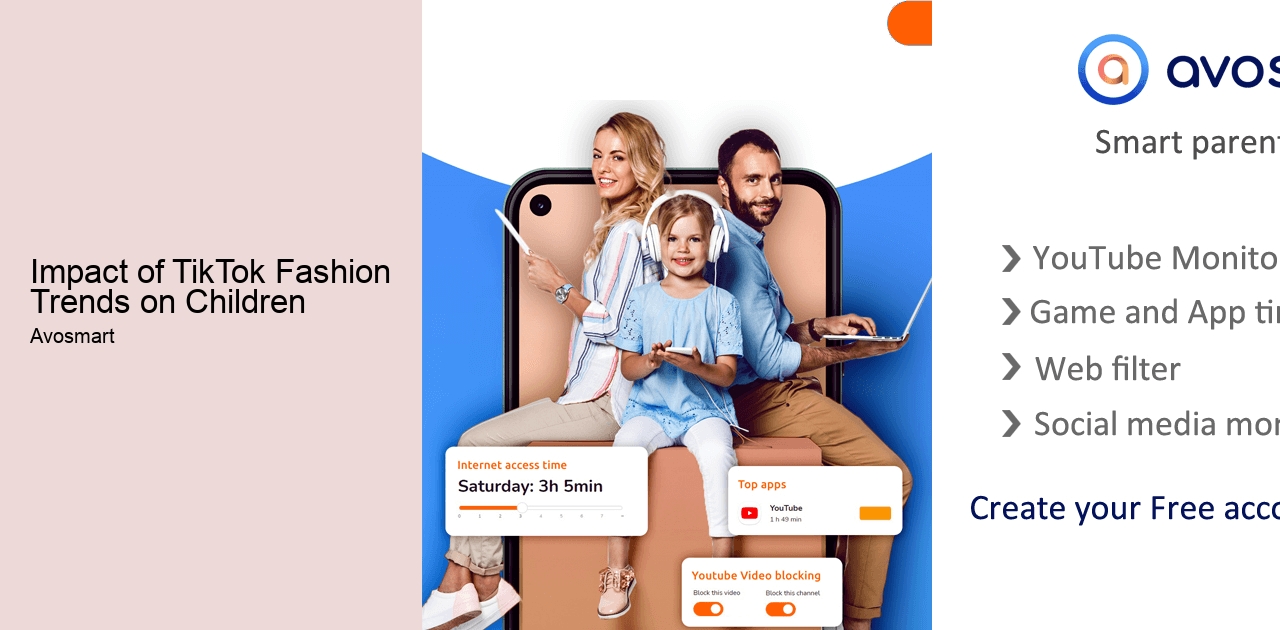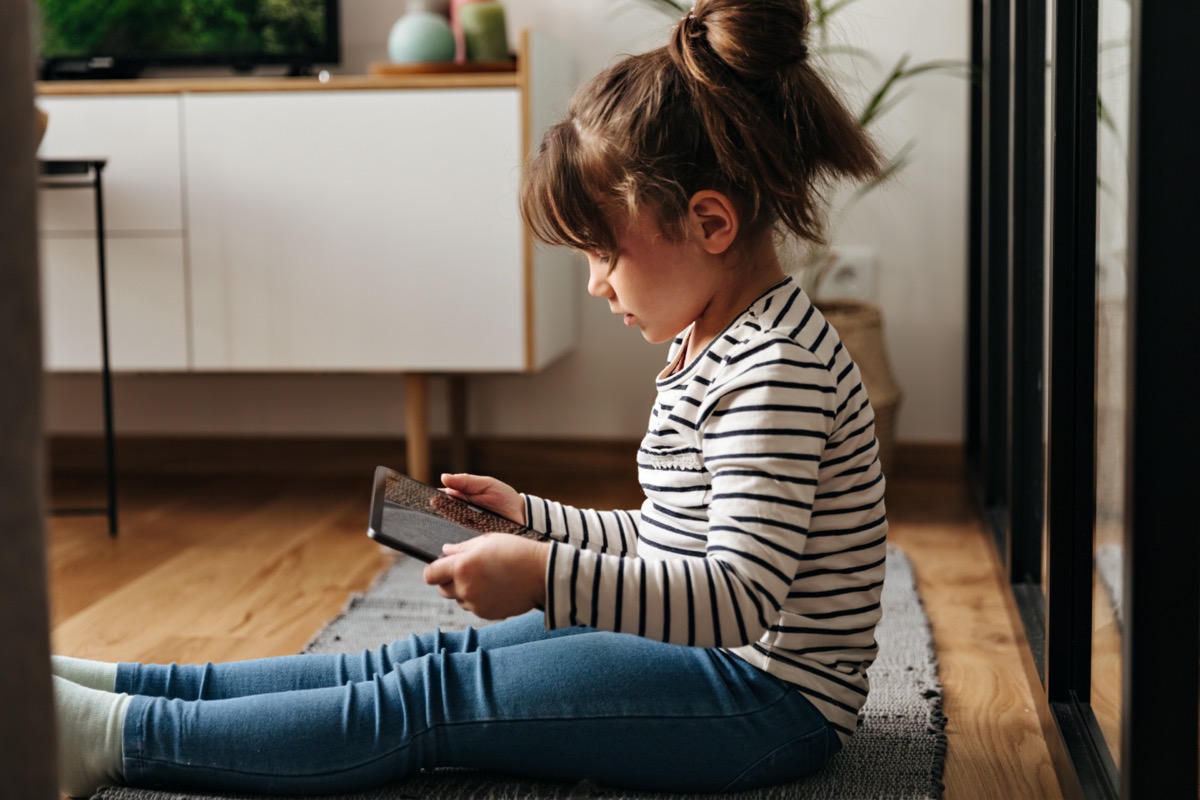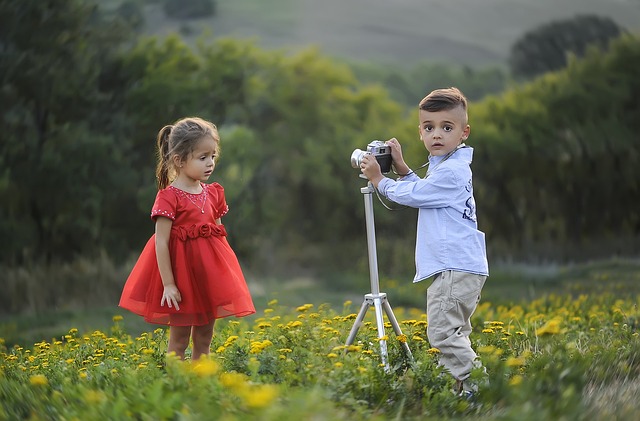
The Influence of TikTok Fashion Trends on Children's Style Choices
Impact of TikTok Fashion Trends on Children
TikTok's fashion trends hold significant sway over children's style preferences. The platform introduces them to new looks and encourages experimentation. Parents can discuss individuality and personal expression while guiding their children to critically evaluate trends. Encouraging a balance between trendy and timeless styles promotes thoughtful decision-making. By discussing fashion as a form of self-expression, parents empower children to curate their style confidently.


